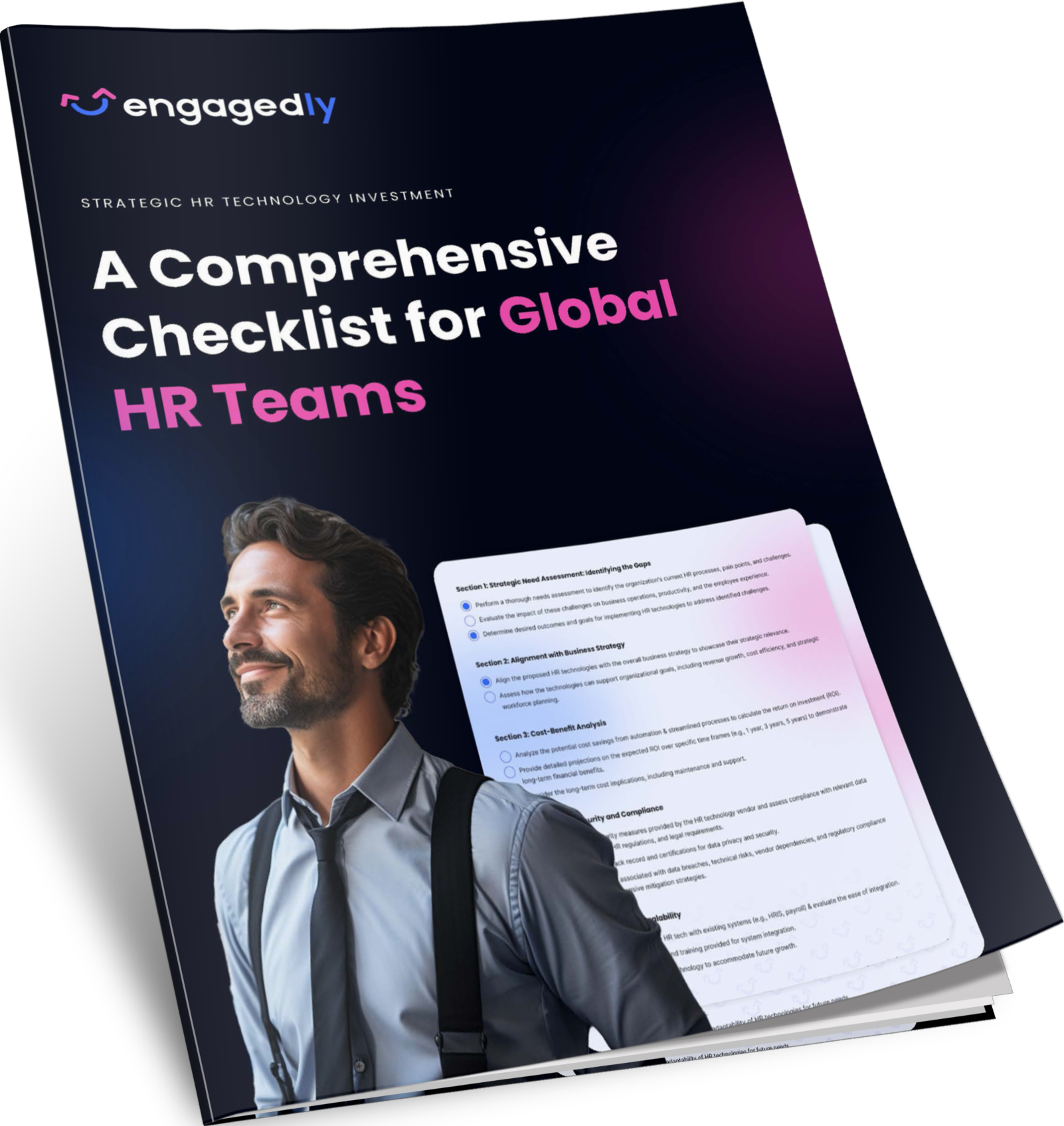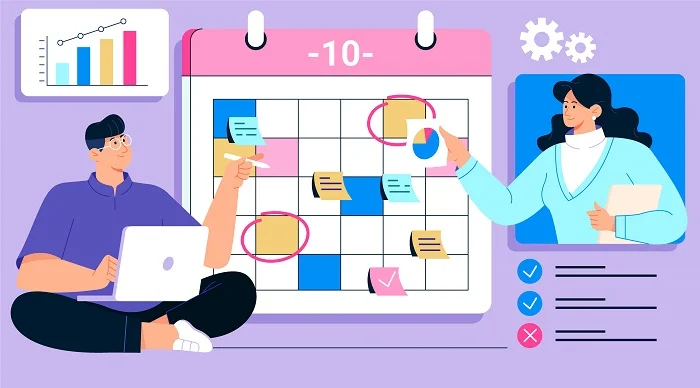Employee performance management is one of the most vital aspects of any organization. Performance review helps employees develop their skills and improve their overall performance.
With performance reviews, everything seems to be advantageous to the organization; but there is a less commonly discussed aspect of performance reviews that tells a different story. What if your performance review is destroying your team? Here are a few mistakes that you should avoid at any cost so that you can retain your star team!
Linking Compensation To Performance
Linking pay with performance reviews often loses its ability to help employees learn from their mistakes and improve their performance in the future. Moreover, it encourages employees to be dishonest about their performance and only present the positive facts to their managers, which might be damaging later. They might learn to cover their issues up, which might lead the manager to be completely unaware of any serious issues at work.
Additionally, when compensation is linked to performance, it creates unwanted and cut-throat competition in the organization, which leads to toxic work culture. As a manager, do not link compensation discussion and performance review.
Bias
Recency bias not only affects the review process but also destroys teamwork. Recency bias can be either positive or negative and makes the review one-sided. Depending on the recent events, you might give negative review to a team member and positive to another despite the fact that they both may have put equal amounts of effort. This leads to a conflict between these teammates and negatively affects the way they work with each other and hence destroying the teamwork.
Another mistake to avoid is favouritism. A manager is not going to like everyone on their team, that is a given. There are going to be some he prefers more than the others, for good reasons (as opposed to sleazy reasons). However, whatever your personal opinion about someone, it should not affect the way you work with them. At work, all of us are adults, and as adults, it behooves us to treat everyone equally. Do not play favorites and even if you have favorites, blatantly seeking out your favourites for plum opportunities is tasteless and makes you look like an immature manager.
Review Based On Inaccurate Data
Never base your employee performance evaluation on your own personal judgement. Always check for data and numbers from the past. Set goals and objectives for your employees and see how they accomplished them. Setting OKRs for employees helps you assess the performance of your employees based on concrete data.
Currently, with multiple performance management software available in the market, it has become easy to store and track historical performance data of employees. They provide past performance data which helps managers and leaders to evaluate their employees more holistically.
Domination
Performance review is supposed to be a healthy discussion between the managers and employees. Managers usually tend to just ask employees to fill in the performance evaluation forms, get it signed, and not bother about giving or receiving feedback. This practice is demoralizing and yields no positive result. If you want your employees to improve themselves and contribute to organizational productivity, encourage your employees to speak up and give feedback.
Focusing Only On Negatives
According to Gallup’s research, a lack of recognition remains the top reason why employees leave their job or consider quitting.
Lot of managers underestimate the amount of damage this practice can cause to their employees. The purpose of employee performance reviews isn’t just to tell employees how they failed, but also to acknowledge and recognize their accomplishments. As a manager, recognize and reward your employee’s good work. Utilize this opportunity to identify their areas of strengths and make use of these strengths to improve your organizational productivity.
Do you want to know how Engagedly can help you improve performance management at your organization? Fill out the form below!
Get In Touch With Us
Author
Srikant Chellappa
CEO & Co-Founder of Engagedly
Srikant Chellappa is the Co-Founder and CEO at Engagedly and is a passionate entrepreneur and people leader. He is an author, producer/director of 6 feature films, a music album with his band Manchester Underground, and is the host of The People Strategy Leaders Podcast. He is currently working on his next book, Ikigai at the Workplace, which is slated for release in the fall of 2024.





